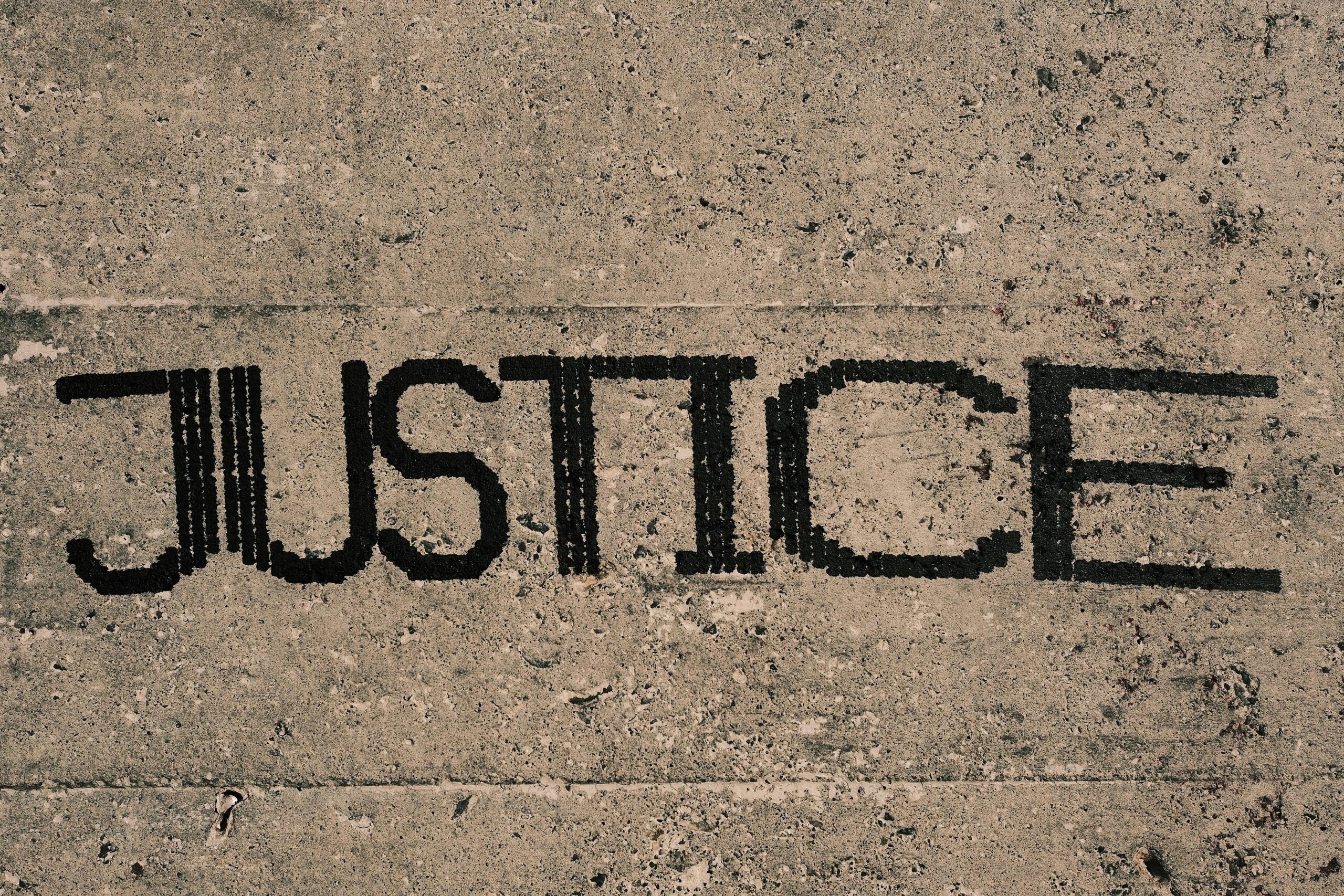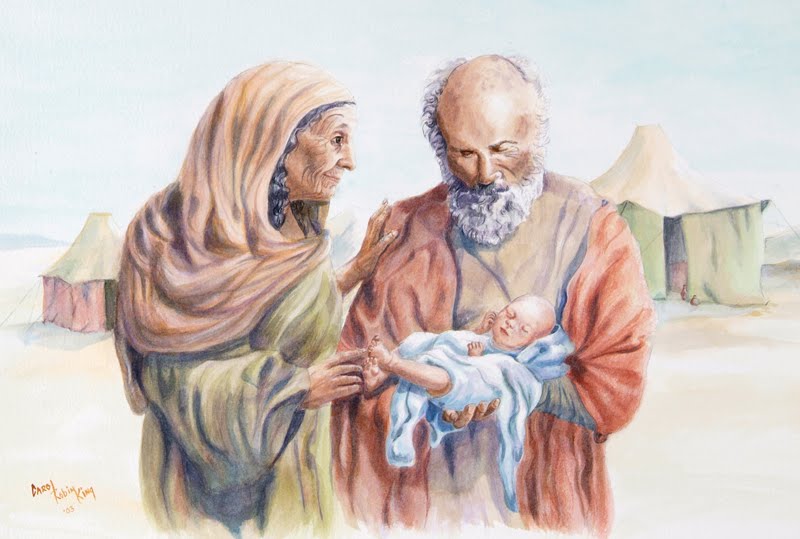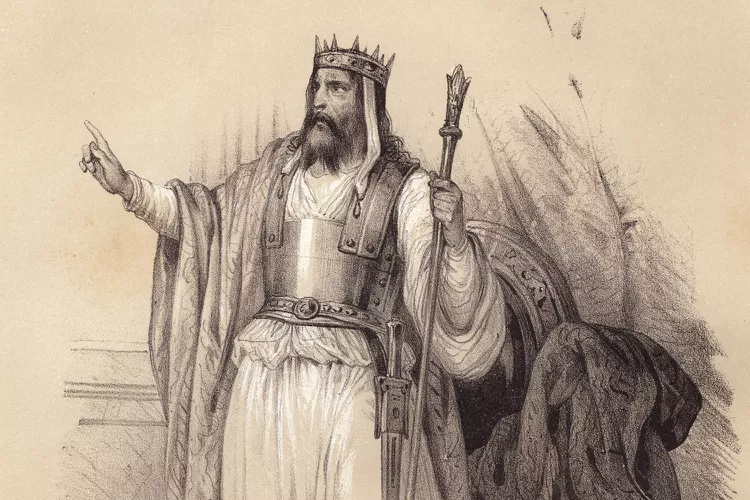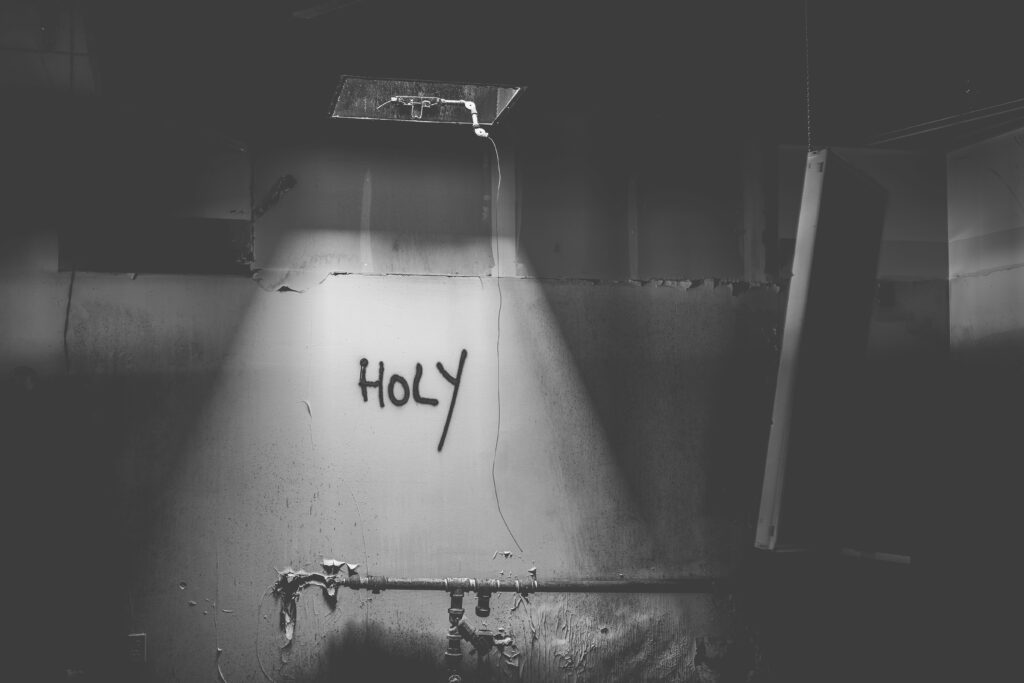Justice: Giving Each Person Their Due by Kim Reisman

Scripture Focus:
So justice is driven back, and righteousness stands at a distance; truth has stumbled in the streets, honesty cannot enter. Truth is nowhere to be found, and whoever shuns evil becomes a prey. The Lord looked and was displeased that there was no justice. He saw that there was no one, he was appalled that there was no one to intervene.
Isaiah 59:14-16 (NIV)
In 1963 my family moved from Mississippi to California because of the racial tension at that time and in that place. My father was a pastor and was supportive of the Civil Rights Movement and Martin Luther King, Jr.: unfortunately, the church was not.
I used to think that things had changed a lot since then, at least on the surface. But over the last few years, I’ve come to believe that even on the surface, things haven’t changed. And deep down? Definitely not.
At my ordination service in 1996, Bishop Woodie White, an African American, said that he was welcomed in many churches because he was the bishop, but if he were to be appointed as pastor, many of those same churches wouldn’t accept him because he’s black.
Early in my ministry, I was described as an “out of control little girl” because I was exercising strong and capable leadership. Even now, when I make the necessary decisions that come with good leadership, I can tell when it’s strategically wise to send a man to deliver news. I suppose this is what we mean when we say the more things change the more they stay the same.
We have a crisis today, a crisis of justice. For those of us in the United States, it’s easy to understand this as a global crisis (which it is). But it seems much harder to grasp the depth of the crisis here at home. After all, the United States was founded on the principle of “liberty and justice for all.” We are the country of free speech and the right to assemble for protest. But then suddenly masked protesters decide freedom of speech means freedom to commit violence, and protest means intimidation and calling for the elimination of an entire people group. Our heads reel and we wonder, how could this be happening?
We’re in a crisis of justice, here in the United States, and everywhere else in the world. How easily the modern-day prophet might cry out with Isaiah: “Justice is driven back, and righteousness stands at a distance; truth has stumbled in the streets.” And God must certainly be appalled that there is no one to intervene for the sake of righteousness.
Justice has to do with what we feel, how we relate to one another, what we value, the priorities we set. As we will see, justice has to do with our faith and at its very center, justice has to do with love. And yet, in the classical sense of Plato and Aristotle, justice is simply a matter of giving each person his or her due. It’s a civic virtue that a civil society depends upon.
This sounds simple enough, giving each person his or her due; but history – and current world events – has shown it to be an elusive and difficult concept to put into practice. As Christians, particularly, it helps us to remember that our duty to act justly is derived from the requirement to be just because justice is an attribute of God. When we fail “to give each person their due,” when we ignore the calls of those who are suffering injustice, we are ignoring the cry and supplication of God.
This is a challenging word for us in these days of violence and war, racial and ethnic strife, mass migration and economic instability. And yet, it is a word we cannot ignore. As you pray and fast this month, bring to mind a person in your community who may not be getting their due. What is going on with this person? Are they being denied their due by family? By work? By the larger social system? How might you intervene for the sake of righteousness?
Subscribe
Get articles about mission, evangelism, leadership, discipleship and prayer delivered directly to your inbox – for free
Related Posts



